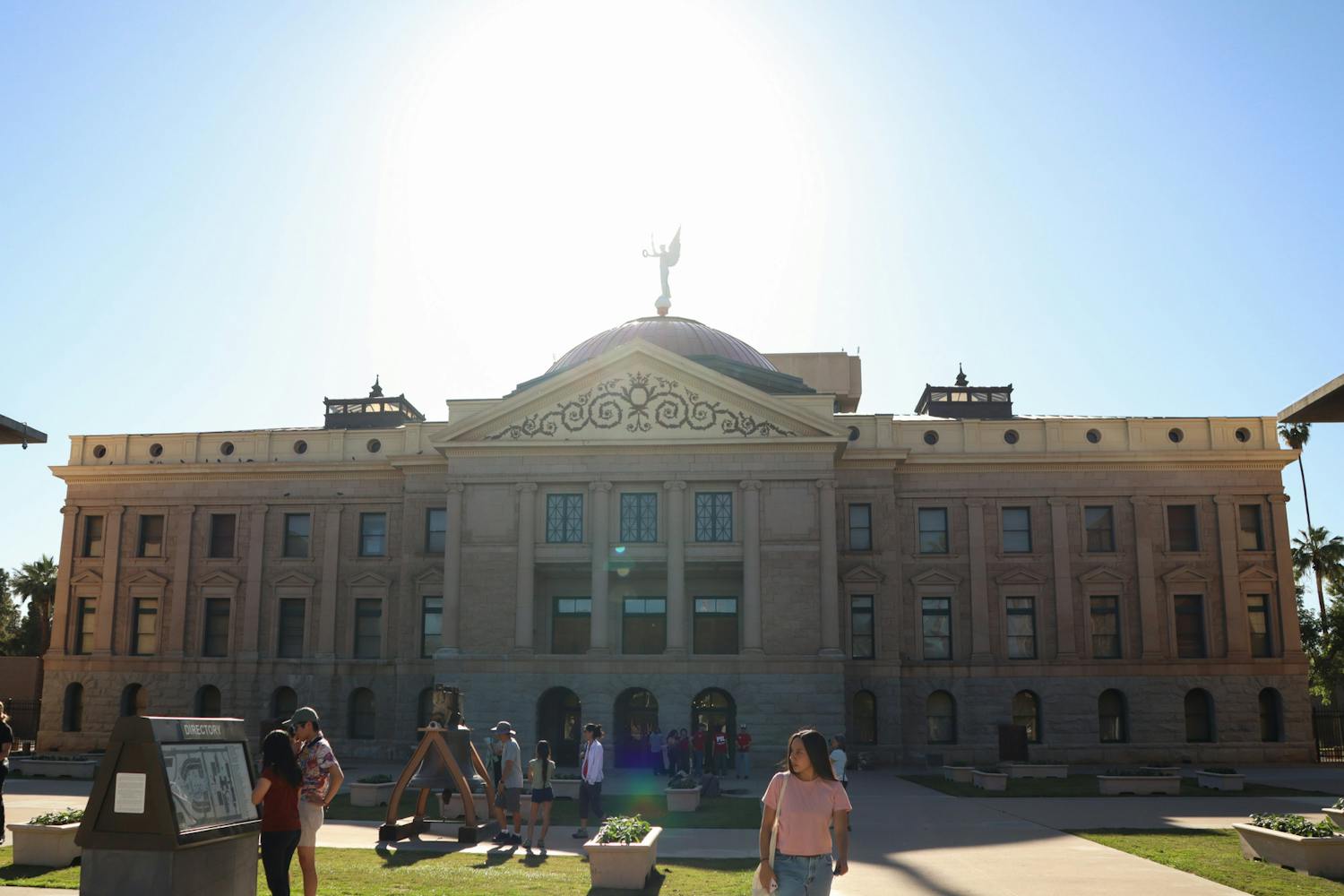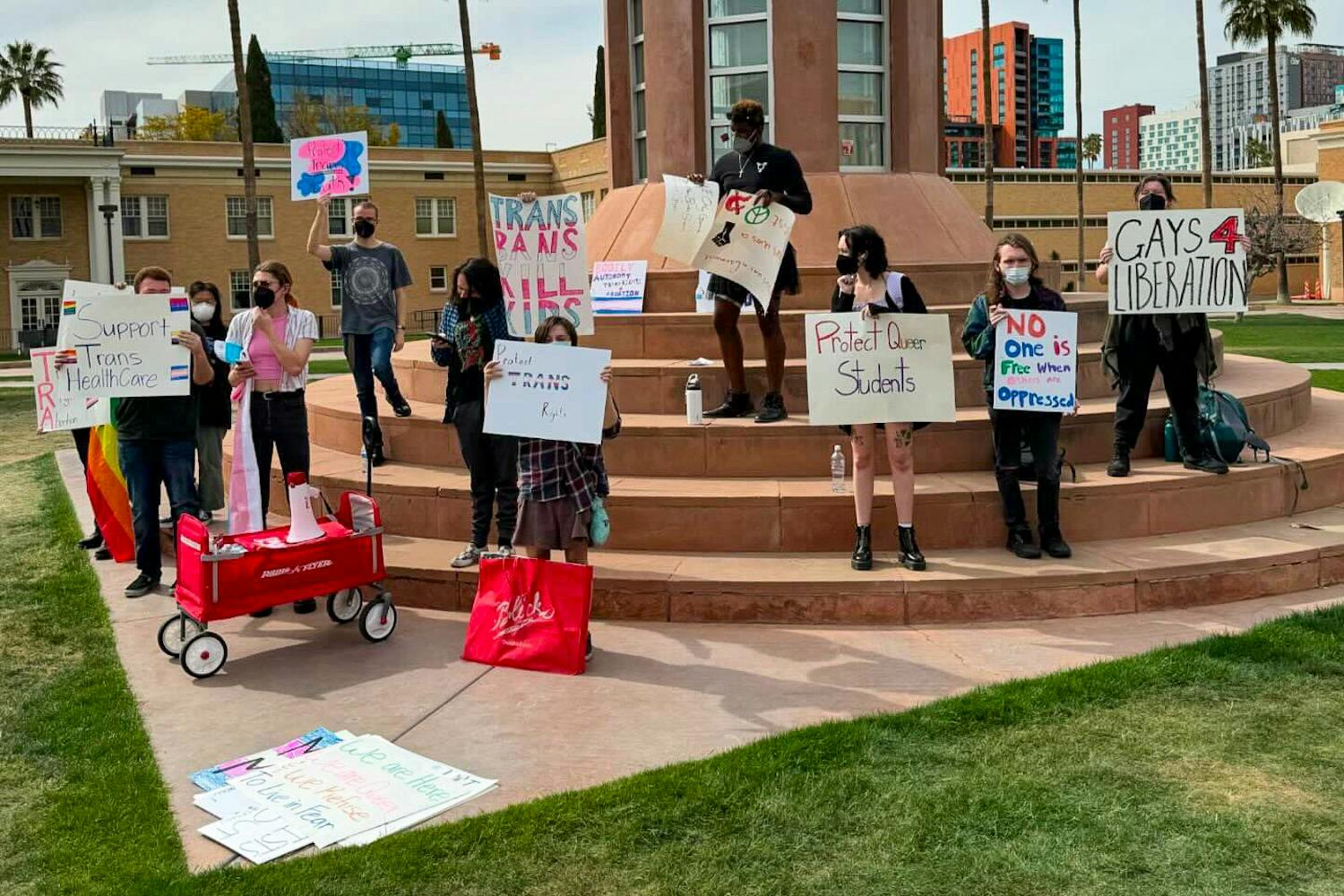Political commentators often decry the low rates of political participation among Americans. In an age of bitter partisan rivalries and scandal after scandal, there is a fear that an outspoken minority may be able to exert undue influence on policymakers without a vigorous and active electorate.
Voting is the primary way we express our political beliefs and policy preferences. For many Americans, this comprises the entirety of their participation in the public arena, but there are many other ways for each of us to make our voices heard.
Thousands of protesters gathered in Washington, D.C., on Feb. 17 to register their opposition to the proposal of the Keystone XL pipeline that would stretch from Canada to Texas.
For those non-political junkies, paying attention to politics outside of the regular election season is rare. A large protest in the early months of an election off-year is an anomaly, to be sure and therein lies the problem. Thinking of political participation as restricted to even-numbered years (when federal elections for Congress are held) is a fundamental flaw in our thinking. We have other rights that don't involve voting. We have the freedoms of speech, assembly and petition. We can write our members of Congress and join interest groups. We can attend town meetings and Congress on Your Corner.
Protests can demonstrate to policymakers just how important the decisions they make on a day-to-day basis are to their constituents. If we remain quiet about the policies that adversely affect us when it matters, how can we complain that we aren't being listened to or adequately represented? The responsibility goes both ways.
The best thing for our democracy is a well-informed and engaged electorate. Without this, no matter how talented or honest or incorruptible our politicians may be, there is no way for them to truly represent us well.
The next best thing is that we all realize the immense focus we place on the act of voting. In the preservation of our country's well-being, is there a similar mechanism we rely so heavily upon that is so passive?
It isn't the only avenue to change or progress. It is the hallmark of complacency unless the act of voting is accompanied by something more: embracing all of our First Amendment rights and declaring our policy preferences through more direct action.
If governments "(derive) their just powers from the consent of the governed," it is the responsibility of the governed to communicate either their consent or dissent.
Want to join the conversation? Send an email to opiniondesk.statepress@gmail.com. Keep letters under 300 words and be sure to include your university affiliation. Anonymity will not be granted.



